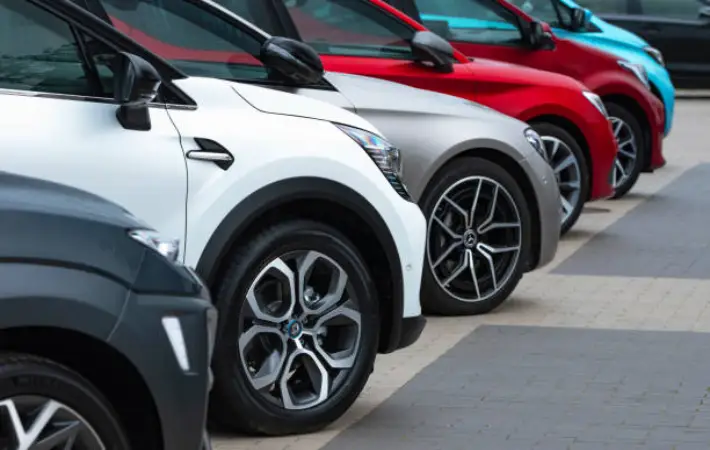In recent years, reconditioned car showrooms have become a prominent feature of Bangladesh’s automotive landscape. These establishments specialize in importing, refurbishing, and selling used cars, primarily from Japan. With their growing presence, it’s crucial to assess the impact they have on the Bangladeshi automotive market and society at large.
Impact of Reconditioned Car Showrooms in Bangladesh
There are several ways in which reconditioned car showrooms have made an impact in Bangladesh
The Rise of Reconditioned Car Showrooms
The popularity of reconditioned car showrooms in Bangladesh can be attributed to several factors. Firstly, these establishments offer high-quality vehicles at relatively affordable prices compared to brand new cars. Secondly, the stringent regulations governing the import of used cars ensure that only vehicles meeting certain standards are brought into the country. This gives consumer’s confidence in the quality and reliability of the cars on offer.
Furthermore, reconditioned car showrooms like GARI-IMPORT.com.bd play a significant role in meeting the growing demand for reliable and affordable vehicles in Bangladesh. As a trusted importer and dealer of Japanese reconditioned cars, GARI-IMPORT.com.bd stands out by providing genuine mileage vehicles with auction sheets, ensuring transparency and peace of mind for customers.
With a wide selection of models from major Japanese brands and real-time auction sheet verification services, GARI-IMPORT.com.bd continues to uphold its reputation as a reputable destination for quality reconditioned cars in Bangladesh.
Economic Impact
The economic impact of reconditioned car showrooms in Bangladesh is significant. These businesses create employment opportunities both directly, through sales and maintenance staff, and indirectly, through associated services such as transportation and financing. Additionally, the influx of reconditioned cars has stimulated ancillary industries such as car accessories, further contributing to economic growth.
Moreover, reconditioned car showrooms play a role in reducing the demand for brand new vehicles, which can alleviate pressure on the country’s foreign exchange reserves. By offering imported used cars as an alternative, consumers can fulfill their transportation needs without resorting to expensive imports of new vehicles.
Social Implications
The impact of reconditioned car showrooms extends beyond the economy, influencing societal dynamics as well. Owning a car, once considered a luxury reserved for the affluent, has become more attainable for the middle class, thanks to the availability of reconditioned vehicles. This has led to increased mobility and improved access to employment, education, and healthcare, particularly in rural areas where public transportation infrastructure is limited.
Furthermore, the importation of fuel-efficient Japanese cars has environmental benefits, as these vehicles produce fewer emissions compared to older models commonly found on Bangladesh’s roads. This aligns with global efforts to mitigate climate change and improve air quality.
Challenges and Opportunities
Despite their positive contributions, reconditioned car showrooms face challenges that must be addressed. One such challenge is the perception of used cars as inferior to new ones. Educating consumers about the quality and reliability of reconditioned vehicles is essential to overcome this stigma.
Additionally, there is a need for stricter enforcement of regulations governing the import and sale of used cars to prevent fraud and ensure consumer protection. This includes thorough inspections of imported vehicles to verify their condition and compliance with safety standards.
Moreover, there is an opportunity for reconditioned car showrooms to embrace technological advancements such as electric and hybrid vehicles. By diversifying their offerings to include environmentally friendly options, these establishments can cater to eco-conscious consumers and contribute to sustainable development.
Steering Towards a Sustainable Future with Reconditioned Car Showrooms
The impact of reconditioned car showrooms in Bangladesh is substantial, both economically and socially. These establishments provide affordable transportation options, create employment opportunities, and contribute to environmental sustainability.
However, addressing challenges such as consumer perception and regulatory compliance is essential to maximize their positive impact. With proper oversight and innovation, reconditioned car showrooms can continue to drive positive change in Bangladesh’s automotive industry and society as a whole.
